China Is Creating Biologically-Enhanced Super Soldiers We See In Sci-Fi Movies
Aadhya Khatri - Dec 07, 2020
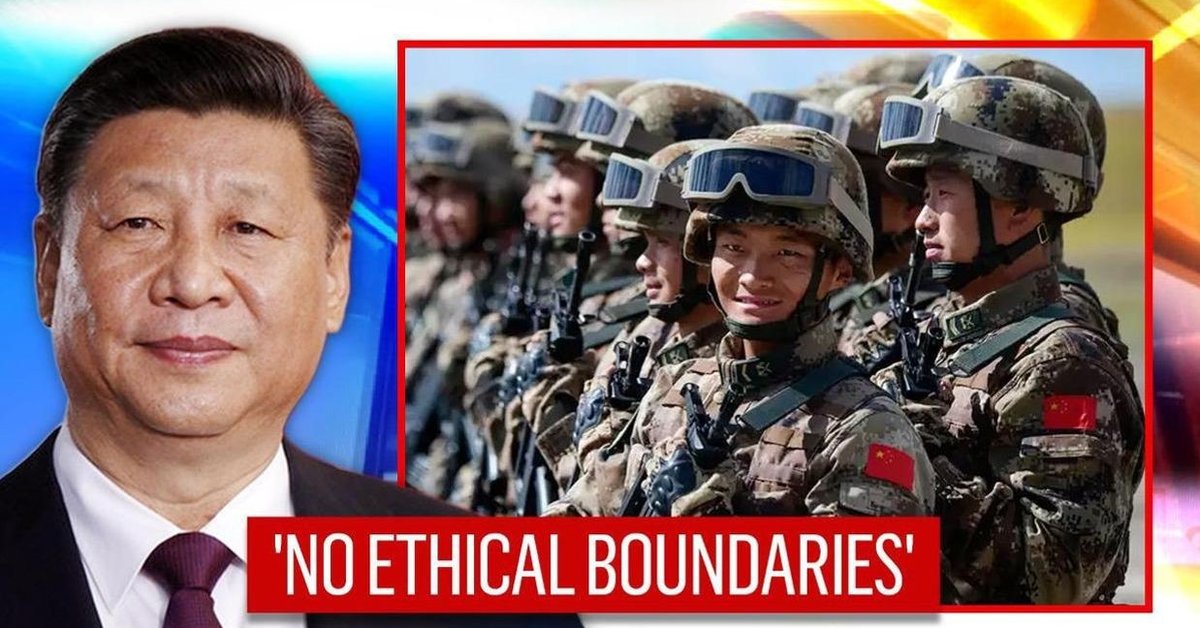
One of top U.S intelligence officials said China was conducting human trials to test the possibility of making biologically-enhanced super soldiers
- Mumbai 2020 Power Outage Might Be A China's Cyberattack, India Official Claims
- TikTok China Banned Users From Making Videos To Show Off Wealth
- Entrepreneur Spent 1 Year Building 600-Square-Meter Floating Mansion
One of the top U.S intelligence officials said China was conducting human trials to test the possibility of making biologically-enhanced super soldiers.
The official in question, John Ratcliffe, is the director of national intelligence and he said in an op-ed with the Wall Street Journal that the East Asian country was a pre-eminent national security threat.
According to Ratcliffe, China realized no ethical boundaries in its pursuit of power. He, his office, and the CIA didn’t answer when they were questioned about whether China was working on the super-soldiers like the ones portrayed in “Universal Soldier,” “Bloodshot,” or “Caption America.”

In 2019, two U.S scholars made public a paper on the ambition of China to use biotechnology in wars. They also pointed out signs that the country had its eyes on the gene-editing technology to enhance humans, or soldiers’, performance.
The paper talked about the research involving the CRISPR gene-editing tool (stand for clusters of regularly interspaced short palindromic repeats) of China. CRISPR has been used to modify plants and treat genetic disorders but the majority of Western scientists think it is unethical to use the tool on healthy humans to enhance them.
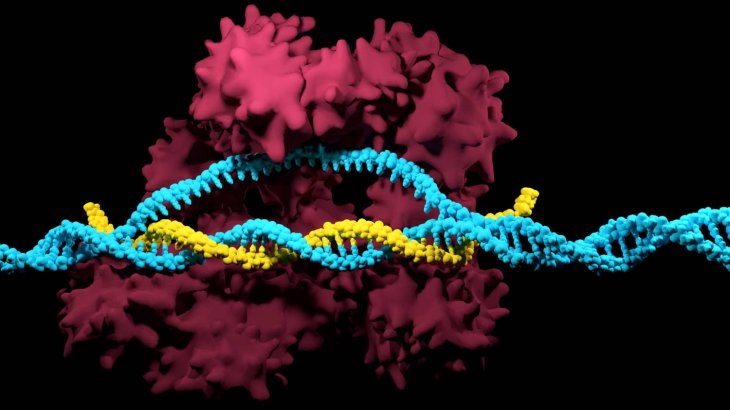
The two scholars, Wilson VornDick – a former Navy officer and a consultant on matters relating to China, and Elsa Kania - Center for a New American Security’s expert on the defense technology of China, said in the paper that while CRISPR as a tool to give humans more abilities remained a hypothetical possibility, there were signs that China was exploring the tech’s potentials on battlefields.
The scholars quoted an article wrote in 2015 and published in a military newspaper, saying that Chinese strategists and military scientists had repeatedly mentioned biotechnology as “new strategic commanding heights” of Military Affairs.
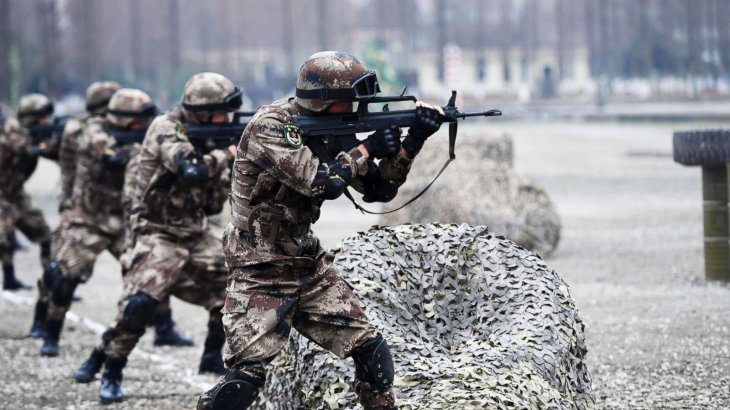
They said a Chinese general, in 2017, said that modern biotechnology, paired with nanotechnology, would revolutionize equipment, weapons, warfare form, combat spaces, and even military theories.
In a telephone interview, Wilson VornDick said he was more concerned about the consequences of messing with human genes than the advantages the practice would bring to battlefields. He remarked that playing with genes could bring unforeseen consequences.
Representatives of the government of China have not commented anything on the claim.
However, the genetically-enhanced soldier part isn’t the point Ratcliffe was trying to make, but it was actually the claim that the East Asian country was a threat to the U.S’s national and economic security.
He wrote that China was a threat to the US as well as to freedom and democracy worldwide since WWII. He also said Beijing was trying to dominate the world technologically, economically, and militarily.
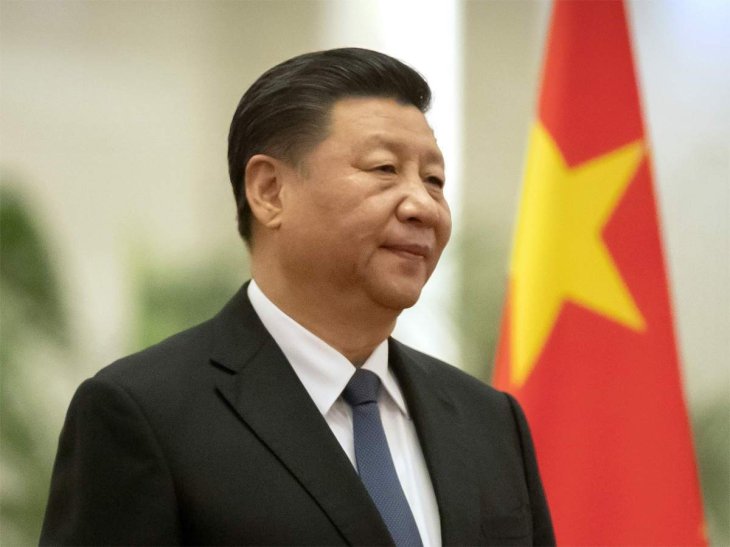
While whether China is truly testing with biologically-enhanced soldiers is still up to debate, the possibility of super-humans have been around for ages and the concerns over it echo what we are so familiar with now: whether it is cheating to use Ritalin in academia, whether athletes’ health will be negatively affected by using anabolic steroids, whether people with a loner life span will bankrupt the pension plans, and so on. However, there are new worries as well.
There are standards established to govern the ethics and research stage of these enhancements; some of them are the Declaration of Helsinki and the Nuremberg Code. However, the military necessity or the urgent needs of wars can, in many situations, permit actions that otherwise not allowed, for example, the need to obtain the consent of the subject.
So there are a few pressing questions that need to be answered, like should military enhancements be made reversible or they can last forever? Or what are the needed safety protocols for long-term enhancements, and whether a soldier can be commanded to take an unproven or risky enhancement?
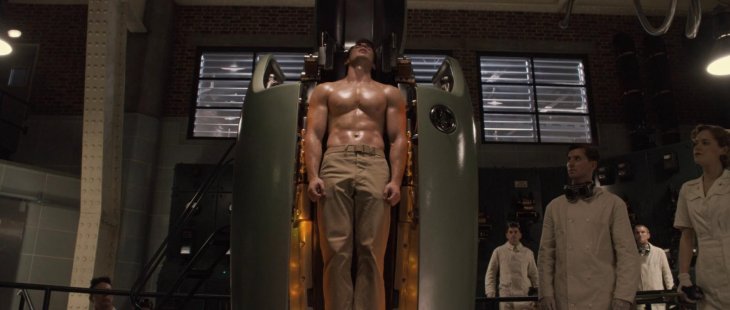
As we have learned from history, many soldiers will come back to civilian life at some point. So if the enhancements are permanent, would it be safe for them to carry the super-human abilities back to society?
China has a huge military force, accounting for a significant part of the population, so some of them return and have gone through operations that subdue their emotions, would it be a problem for them to fit in the civilian life again?
>>> China's New Suicide Drones Pose Dangers To Other Countries' Defense Systems
Featured Stories

Features - Jan 29, 2026
Permanently Deleting Your Instagram Account: A Complete Step-by-Step Tutorial

Features - Jul 01, 2025
What Are The Fastest Passenger Vehicles Ever Created?

Features - Jun 25, 2025
Japan Hydrogen Breakthrough: Scientists Crack the Clean Energy Code with...

ICT News - Jun 25, 2025
AI Intimidation Tactics: CEOs Turn Flawed Technology Into Employee Fear Machine

Review - Jun 25, 2025
Windows 11 Problems: Is Microsoft's "Best" OS Actually Getting Worse?

Features - Jun 22, 2025
Telegram Founder Pavel Durov Plans to Split $14 Billion Fortune Among 106 Children

ICT News - Jun 22, 2025
Neuralink Telepathy Chip Enables Quadriplegic Rob Greiner to Control Games with...

Features - Jun 21, 2025
This Over $100 Bottle Has Nothing But Fresh Air Inside

Features - Jun 18, 2025
Best Mobile VPN Apps for Gaming 2025: Complete Guide

Features - Jun 18, 2025
A Math Formula Tells Us How Long Everything Will Live
Read more

ICT News- Feb 19, 2026
Escalating Costs for NVIDIA RTX 50 Series GPUs: RTX 5090 Tops $5,000, RTX 5060 Ti Closes in on RTX 5070 Pricing
As the RTX 50 series continues to push boundaries in gaming and AI, these price trends raise questions about accessibility for average gamers.

ICT News- Feb 20, 2026
Tech Leaders Question AI Agents' Value: Human Labor Remains More Affordable
In a recent episode of the All-In podcast, prominent tech investors and entrepreneurs expressed skepticism about the immediate practicality of deploying AI agents in business operations.

ICT News- Feb 21, 2026
AI Coding Agent Causes Major AWS Outage at Amazon
In a striking example of the risks associated with deploying advanced AI in critical systems, Amazon Web Services (AWS) recently faced multiple outages attributed to its own AI coding assistants.
Comments
Sort by Newest | Popular